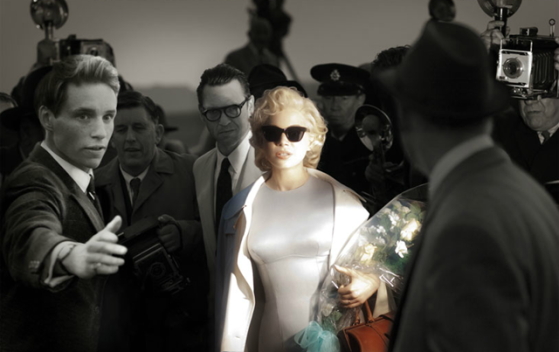My sister and I took our mother to watch The Best Exotic Marigold Hotel last weekend. I had slightly low expectations, but we figured she would like it because it was set in India and the main characters were retirees, like her.
The film revolves around a group of aging Londoners who find themselves traveling to Jaipur, India to settle in a retirement resort that promises to be a luxurious, yet affordable, tropical paradise. The group consists of a recent widow, a married couple on the verge of their fortieth wedding anniversary, a wheel-chair bound woman seeking hip replacement surgery, a former high court judge, a single grandmother on the prowl for a rich husband, and a geriatric ladies’ man. Not exactly a fascinating crew on paper.
When they arrive to The Best Exotic Marigold Hotel, they find that it is a dusty shell of past grandeur. The paint on the walls are peeling, there are birds roosting in bedrooms, and the telephones don’t work. The current owner/manager is a young Indian man, played by Dev Patel from Slumdog Millionaire, who skips around, both physically and in speech, and who somehow convinces them all to bear with him while he restores the hotel to its former glory.

image via foxsearchlight.com
Judi Dench, Tom Wilkinson, and Bill Nighy in Jaipur
Set against the bustling and colorful backdrop of Jaipur, new relationships are forged while old ones are tested. Personalities come out, as do stories of people’s pasts. The script is corny and predictable at times, and in the hands of a less talented cast, this movie would have been a complete failure, but it was saved by possibly the greatest acting ensemble to ever come together for such a simple project. The list is remarkable – Dame Judi Dench, Tom Wilkinson, Bill Nighy, Penelope Wilton, Maggie Smith, Ronald Pickup, and Celie Imrie. There was a rumor that Peter O’Toole and Julie Christie had been slated to play two of the parts, and as hugely talented as they are, I think the final casting was better (Nighy and Wilton got those parts).
In comparison, British actor Dev Patel’s skills were lacking. I was disappointed by his inability to muster up a believable local accent; he sounded like he was performing a comical mimicry of an Indian person. His character is supposed to be from a successful, cosmopolitan family, and yet he spoke with a gibberish patois that was beyond irritating, although this could be blamed on the writing as well. His mother, played by the beautiful and reliable cross-over actress Lillete Dubey, spoke better English than her young son.
There were also some film conveniences taken that bothered me, for instance, how did these random strangers all happen to decide to move to India at exactly the same time? And how is it possible that for the two months of the film, not a single other retiree arrives at the hotel to check in? And why didn’t it ever rain? A film set in India in the summer has to have rain! And how did Judi Dench’s character’s Dell laptop never get swiped out of her room? I’ll have to put these questions to rest in my brain because I’ll never get answers to them.
Overall, the film was based on a silly premise, but the cast made it worth watching. Judi Dench and Bill Nighy were exceptional. Whether the chemistry between all of the actors was real or not, they’re so good you believe everything they do, and it’s enough to distract from all the failures of the film. Also, my mother liked it, so that was all that mattered.

